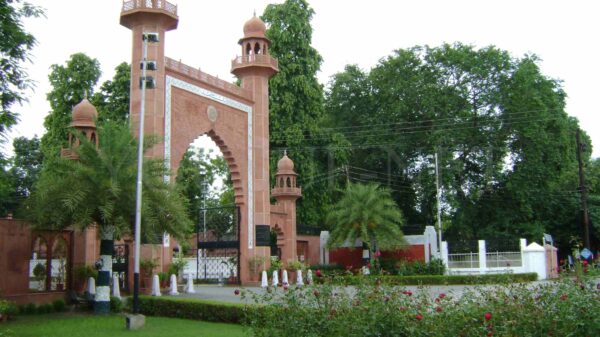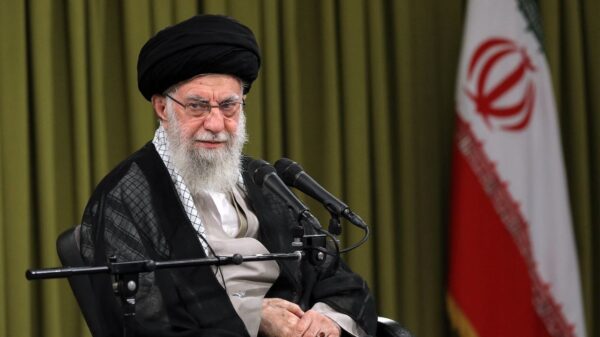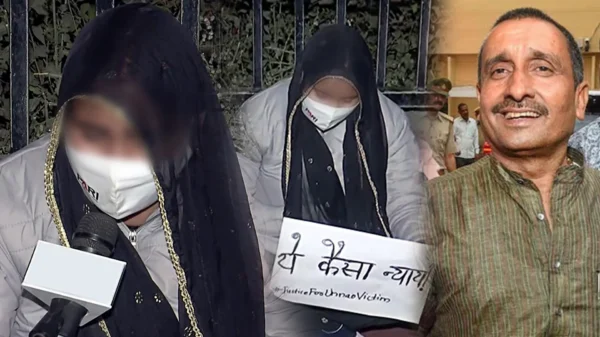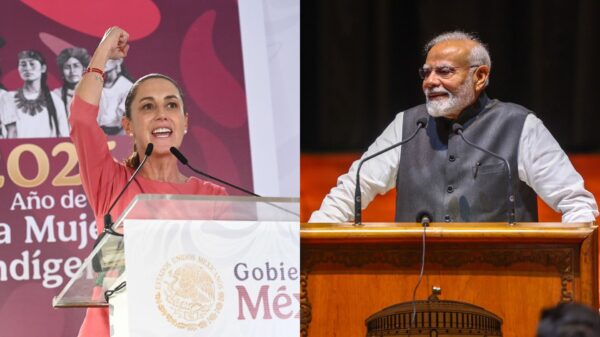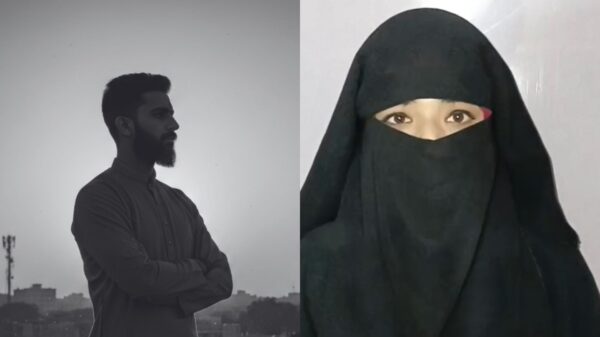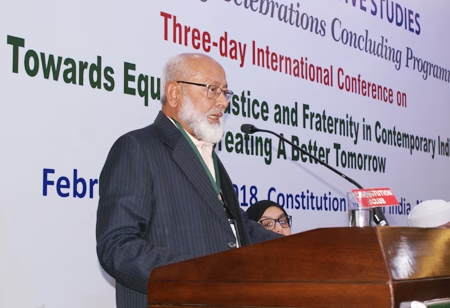The Indian government has announced that people from minority communities, Hindus, Sikhs, Buddhists, Jains, Parsis and Christians, who came to India from Afghanistan, Bangladesh and Pakistan before December 31, 2024, will not face any legal action even if they do not have valid passports or travel documents.
The order, issued under the Immigration and Foreigners Act, 2024, took effect on September 1 after the law was officially notified. Officials said the decision was aimed at protecting those who fled their countries due to religious persecution or fear of it.
The move has been welcomed by the BJP, which has long supported the idea of giving refuge to minorities from neighboring countries. Union Minister of State for Education Sukanta Majumdar called the announcement “a true step towards justice and humanity.” Writing on X, he said, “In a landmark decision, the Government of India has allowed minorities from Afghanistan, Bangladesh and Pakistan — Hindu, Sikh, Buddhist, Jain, Parsi and Christian — who entered India on or before December 31, 2024, due to religious persecution, to stay even without valid documents. A true step towards justice and humanity.”
The government has also said that similar exemptions will apply to citizens of Nepal and Bhutan, as well as Tibetan refugees who came to India between 1959 and 2003 with special entry permits. Members of the armed forces and their families entering India on duty, and those with diplomatic passports, will also not require visas.
The decision has been widely seen as an extension of the Citizenship Amendment Act, which fast-tracks Indian citizenship for non-Muslim minorities from neighboring countries. While the BJP has celebrated the move, critics in the past have argued that such measures exclude Muslims and could increase divisions in society.








